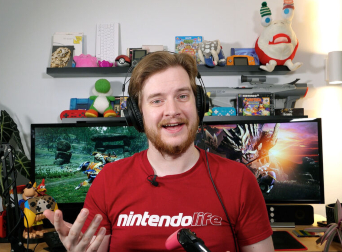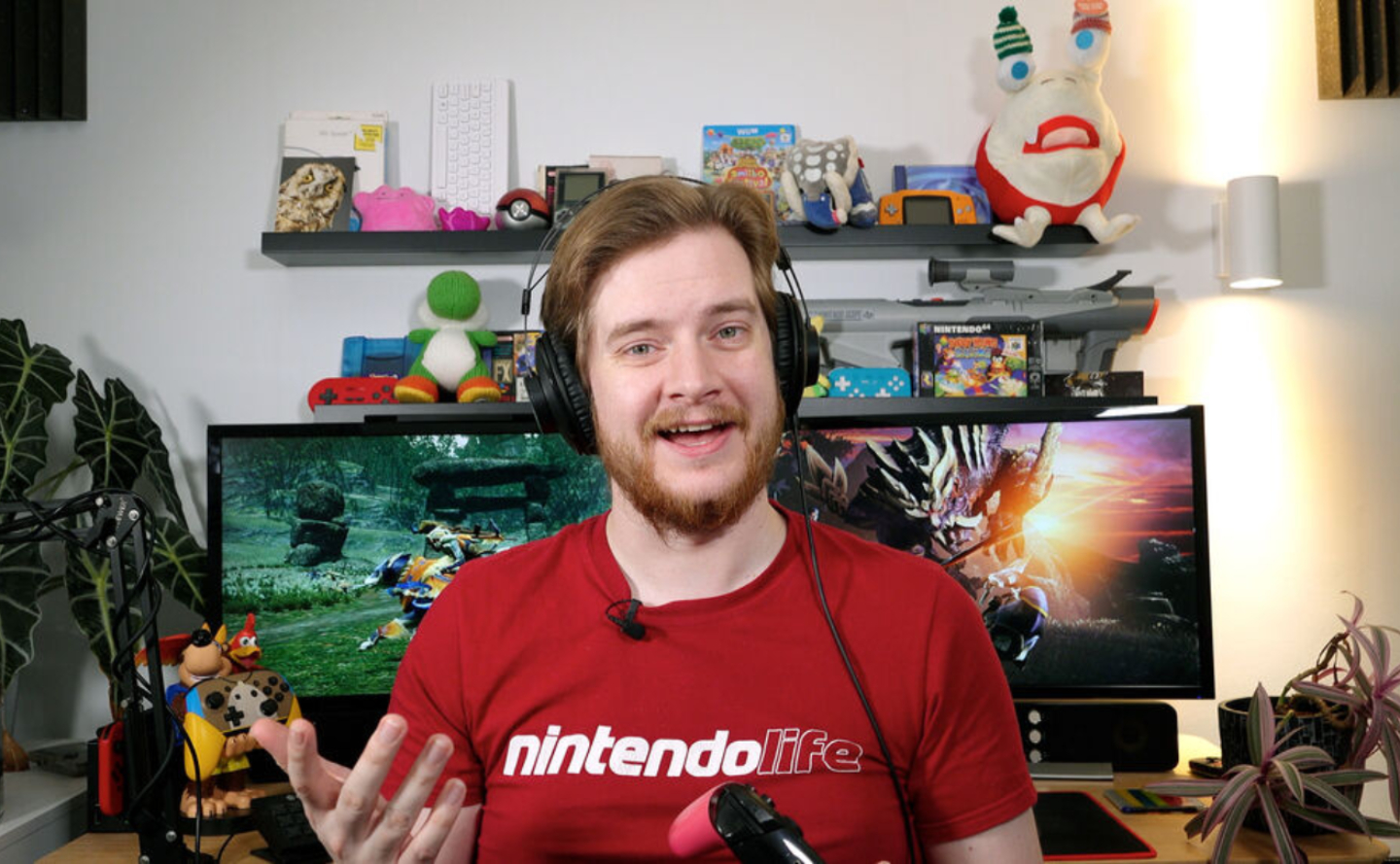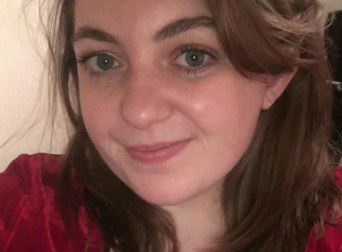BA (Hons) English Language and Literature
Key information
-
Typical offer:
Entry requirements -
Fees: See below
Full details -
UCAS code: Q1Q3
-
Institute code: H36
-
Study abroad option
-
Work placement option
Find out more
Why choose this course?
- no. 13 in the UK for English (2023 Guardian League Table)
- Balance your reading of poetry and drama with analyses of language
- Global literature approach from different eras and cultures
We give you:
- An understanding of applied language, to underpin your future career
- A fresh take on both traditional writing and contemporary works that speak directly to our everyday lives
- A supportive, research-active academic team
- A flexible programme of study, allowing you to concentrate on areas you find especially interesting
- Access to huge online databases, including literary texts, to drive your original and creative research
- CV-building potential through work placements and extra-curricular activities
What's the course about?
Our BA English Language and Literature enables you to combine your study of the structure, development, and use of English as a world language with your reading of literature written in English from all parts of the globe.
You’ll be taught by research-active academics who bring fresh thinking to our accessible, engaging courses. We’ll introduce you to writers who will open doors to contemporary worlds and cultures remote from your own, and also help you explore more familiar literature in ways that challenge your preconceptions.
You’ll enrich your study of English literature in its cultural and historical contexts through modules on the history of the English language. You’ll balance your reading of poetry and drama with analyses of how language is used in the media, to inform or persuade. The common link between the two disciplines will be your analysis of language and how it operates in literature and in real life.
A core module in your first year will equip you to read and interpret both traditional and contemporary literary texts critically as a scholar of English literature. You’ll also be introduced to English Linguistics, the scientific study of our language, from how language develops in children, to the ways it reflects society and how it changes over time.
Your second-year core modules will focus on English grammar and the sounds of English, and you’ll also study period-based literature from the Renaissance onwards, gaining an understanding of literary history, from Elizabethan verse and drama to the emergence of modernity in the 20th century. A core module in English Literature will introduce you to a range of theoretical lenses that you can apply to your further study of texts. We offer our students a career development module that will equip you to take up a teaching work placement or become a Stroke Association volunteer. You may also shadow speech and language therapists or help with specialist language teaching in sixth form college.
Alternatively, our students can choose a literature-focused work experience module, Literature at Work, which explores English Literature in the classroom and aspects of the literary heritage industry. The module is centered around a six-week work placement where you’ll gain valuable transferable skills. Our students have worked as school classroom assistants, in publishing houses or attractions such as London’s Charles Dickens Museum and Dr. Johnson’s House.
Work placement/study abroad option: Between your second and final year, you’ll have the option to study abroad or do a work placement for up to a year. Not only will this give you an amazing experience to talk about but will also give your CV a boost. If you’d rather go straight to your final year, that’s absolutely fine too.
You’ll have the chance to specialise in your final year, tailoring your degree to reflect your own interests. English Literature options include children’s literature, young adult fiction, 21 st century American literature, and literary adaptations, amongst others.
Alongside these, a module on Corpus Studies in English Language will allow you to bring your literature and language interests together. Using Sketch Engine, a text analysis tool that enables you to search vast databases of language, you’ll be able to search literary texts to identify how particular words have been used in novels or literature. With more than 15 billion words available to you, you’ll be able to ask questions no one has asked before and pursue uniquely creative research projects.
Your main campus is College Lane
This is where the creative arts, science and health-related subjects are based. This means you’ll share the campus with future nurses, scientists, artists and more. You can use the common rooms to relax with friends, work out in the 24-hour gym or have a drink in our on-campus pub or cafes. We also have restaurants for you to eat in or grab something on the go. Our Learning Resources Centres are open 24/7, which means you can study whenever suits you best. Want to pop over to the other campus? You can take the free shuttle bus or walk there in just 15 minutes.
What will I study?
Our English Language and Literature students benefit from being part of a supportive, research-active academic community. From tutorials and group work to eye-opening psycholinguistic experiments, we use a range of engaging, student-centred teaching methods to help you work confidently and creatively.
You’ll dive into real-life data, get involved in research and learn from guest experts. You’ll have the opportunity to get involved in activities that will complement your studies, such as working for the student newspaper or radio station. Not only do these enhance your experience, they also make for a more impressive CV.

Alumni Stories
Alex Olney
Meet Alex Olney who has applied his skills in communication to the gaming industry. He is currently a Senior Video Producer at Nintendo Life.
Read more stories Find out more about this course| Current job role | Senior Video Producer |
|---|---|
| Year of graduation | 2015 |
| Course of study | BA(Hons) English Language and Communication |

University experience
While not his first choice of university, Alex is grateful that he applied to the University of Hertfordshire through Clearing as whilst at the University he discovered and explored his passion for everything linguistic. This passion has had a profound impact on his life since graduating.
He says, ‘Studying a language gave me confidence and a deeper understanding of human and non-human communication and has allowed me to create a distinct idiolect that identifies me as a creator and, more importantly, entertains tens of thousands of people every day.’
He credits his success to the support he received from his lecturers who encouraged him throughout his studies: ‘The lecturers were not only well informed about the subject matter but had a genuine passion for language.’ He states that they pushed him to explore languages so much so that ‘it became a driving force in my everyday life.’
Alex also believes that the transferable skills he learnt while at the University have helped him throughout his professional life including time management. He states that he learnt effective time management skills to ensure that he never leaves projects and deadlines to the last minute and plans out in advance what is required.
The future
Alex really enjoys his current role at Nintendo Life as he likes the hands on nature of producing content but would eventually like to manage and become a head of the video editing department.

Alumni Stories
April Wilson
Meet April Wilson, who used the diversity of her course to gain new experiences and learn. She is currently an Alumni Relations Coordinator at the University of Sussex.
Read more stories BA (Hons) English Literature with Film| Current job role | Alumni Relations Coordinator |
|---|---|
| Year of graduation | 2017 |
| Course of study | BA(Hons) English Literature with Film |
| MA Journalism with Media Communications |
University life and experience
April initially decided to go to the University of Hertfordshire due to our close proximity to London. She liked that it was easy to commute into the city for shopping and concerts, but that Hatfield wasn’t as expensive to live in!
While studying, April gained valuable experience which helped her develop essential skills for her current role which meant she was able to start ‘armed with the knowledge’ she needed.
However, the most useful thing she learnt from her postgraduate course was having confidence in herself and her ideas, especially when presenting. She credits this to ‘the support of my peers and lecturers who made me feel more confident in my abilities.'
She adds that her undergraduate degree helped her develop the writing and research skills which she applies daily to her current role and her approach to work.
Not only did April gain experience from her studies, but the extra-curricular activities she took part in also helped develop her skills. She says, ‘The writing and video editing experience I was able to gain from my time volunteering for societies at the University was also essential in helping me to have the skills that are valuable within my role.’
Future aspirations
April is also willing to try new experiences to help her gain valuable work experience in a variety of roles. She has previously, done everything from fundraising for charity to running my own online magazine.
In the future, April hopes to continues her studies and complete a PhD in Film Studies. She is particularly interested in looking at representation in films and how this is interpreted through social media.
